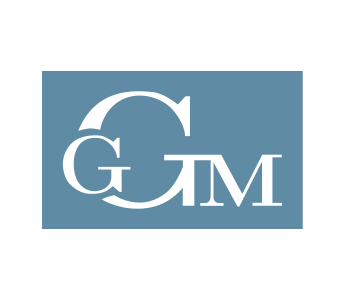Changes to Michigan’s Leaking Underground Storage Tank Act (Part 213)
Significant changes to Michigan’s Leaking Underground Storage Tank (LUST) program became effective on May 1, 2012, when Governor Rick Snyder signed six bills into law. These legislative amendments to Part 213 of the Natural Resources and Environmental Protection Act (NREPA) have been in the works for a number of years, as many have become increasingly frustrated with the existing process, procedures and interpretations for implementing investigations and corrective actions, as well as what seemed to be unreasonable and/or unnecessary obstacles to obtaining closure of LUST sites. The recent changes appear to be largely positive, and are summarized below:
- The references to the term “free product” have been removed from the amended Part 213, and replaced with references to nonaqueous phase liquids (NAPL), defined as “nonaqueous-phase liquid or a nonaqueous-phase liquid solution composed of 1 or more organic compounds that are immiscible or sparingly soluble in water.” Determination as to the recoverability, mobility, and migration of NAPL must be made utilizing the risk-based corrective action (RBCA) process adopted by the American Society for Testing and Materials (ASTM).
- The Initial Assessment Report (IAR) was previously due within 90 days after discovery of a release. Under the recent Part 213 amendments, the IAR is due within 180 days of release discovery.
- The procedures and timing of DEQ audits of LUST reports have been changed. The DEQ must implement a program to selectively audit Final Assessment Reports (FAR) and Closure Reports (CR). Upon submission of a FAR or CR, the DEQ will have 90 days to determine if it will audit the report. The owner/operator must be informed of DEQ’s intent to audit the report within 7 days of the determination. If the DEQ fails to inform the owner/operator with the required timeframe, it cannot audit the report. Audits are to be completed within 180 days of report submission, and the owner/operator must be informed in writing of the audit results within 14 days of completion of the audit. Deficiencies identified during the audit must be specific, and the DEQ can only audit a revised report to address those identified deficiencies. A report can only be audited once.
- The amended Part 213 now includes provisions that previously were only addressed in Part 201, such as: due care obligations, baseline environmental assessments (BEA), and liability provisions and exemptions.
- The Part 213 amendments added the provision for owners/operators who submit an IAR, FAR, or CR to resolve disputes and appeal the DEQ’s decisions by appealing to a response activity review panel. Alternatively, an owner/operator can petition the DEQ for a contested case hearing regarding corrective action, site specific target levels, penalties imposed, or audit results.
- The recent amendments do not allow the DEQ to promulgate new regulations to implement Part 213. Further, DEQ guidelines, operational memoranda, interpretive statements and forms are considered merely advisory and do not have the force of law.
With these recent amendments, we are hopeful that LUST sites in Michigan which formerly languished and seemed impossible to close will now have a reasonable, scientifically supported path to closure.
News and blog articles presented in this website are distributed for general information purposes only with the understanding that the author, publisher and distributor of articles is not rendering legal, accounting, or other professional advice or opinions on specific facts or matters and, accordingly, GGTM assumes no liability whatsoever in connection with the use of any article. Pursuant to applicable rules of professional conduct, this communication may constitute Attorney Advertising.

